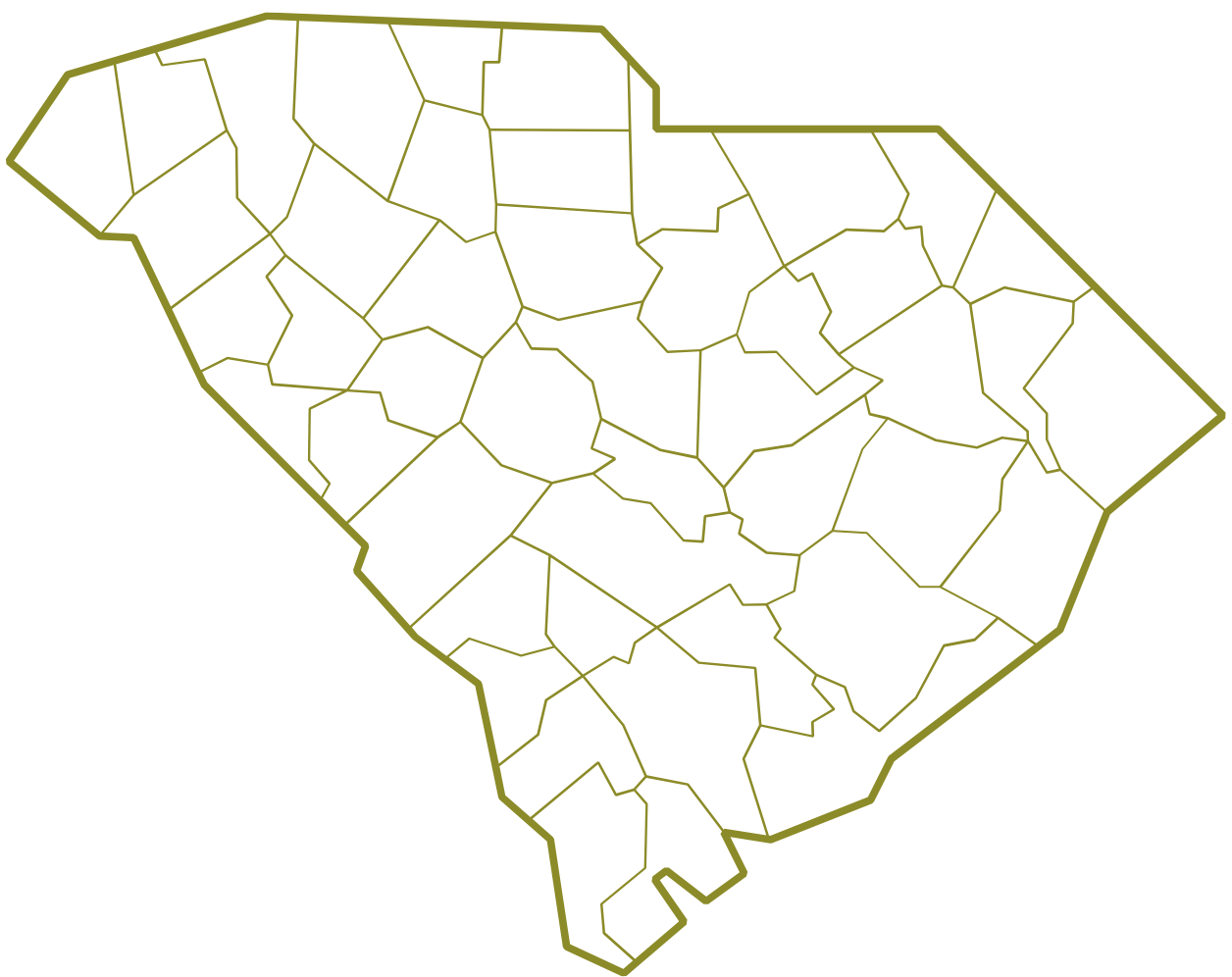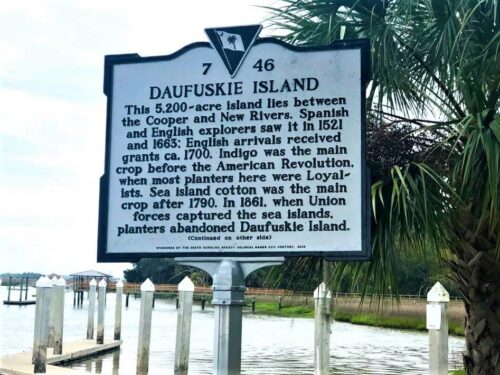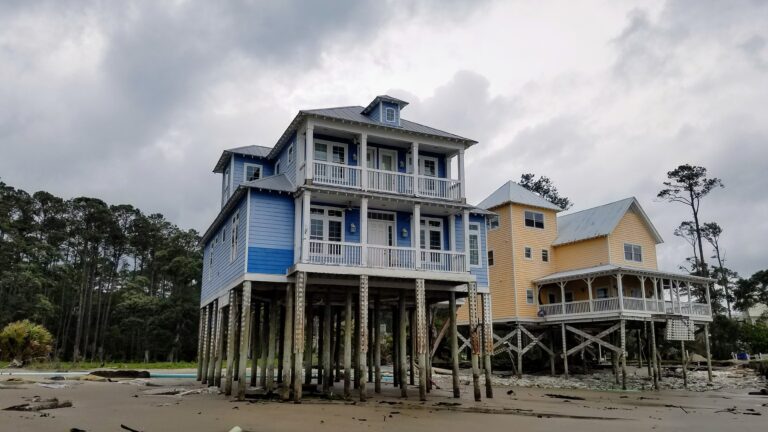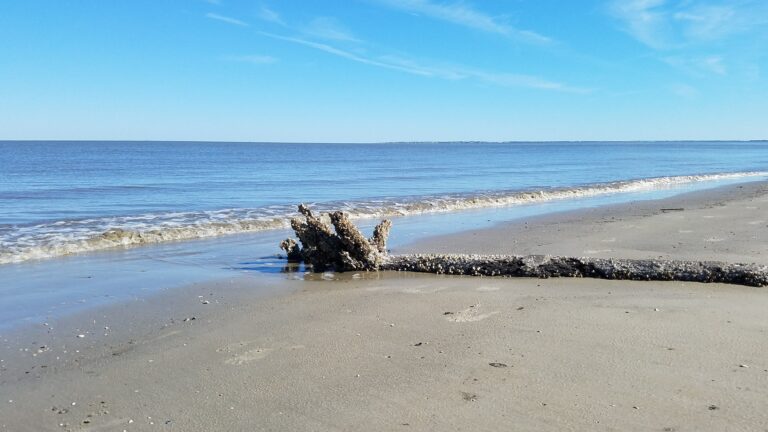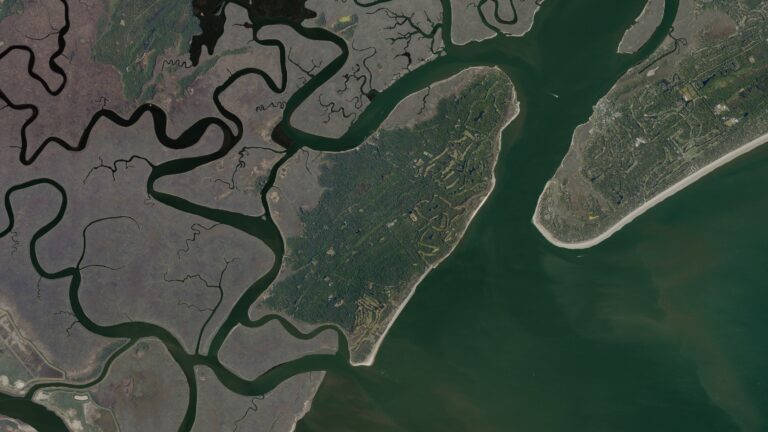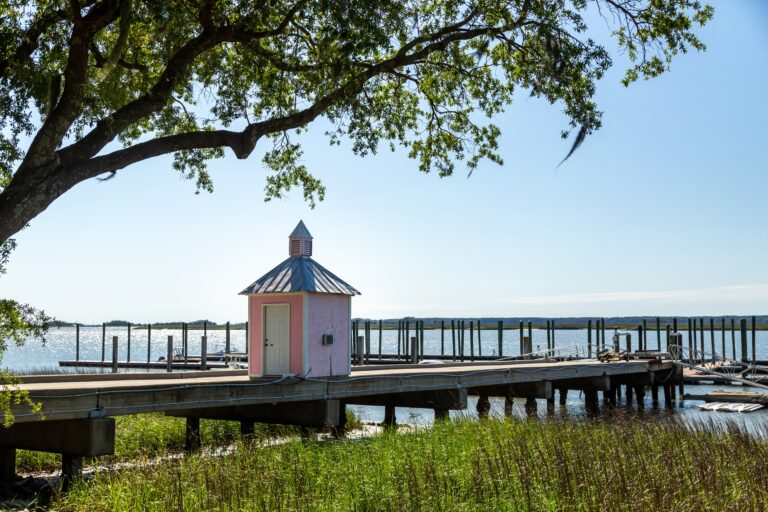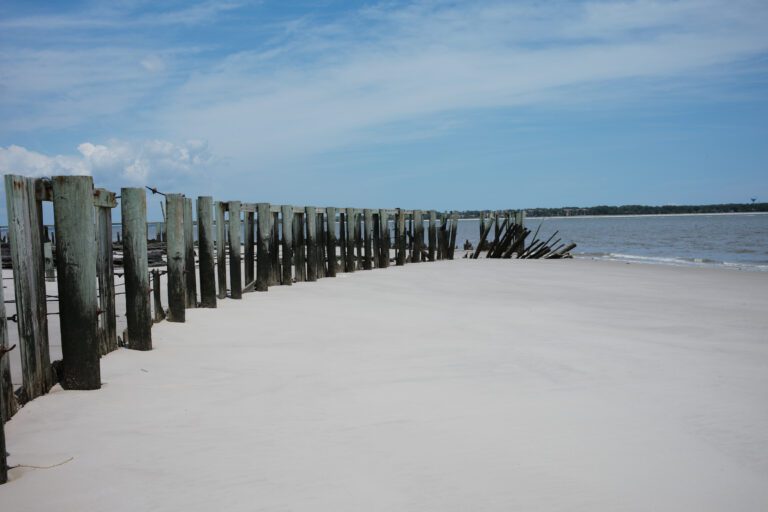Inside the Daufuskie Island Community Farm (And How to Visit)
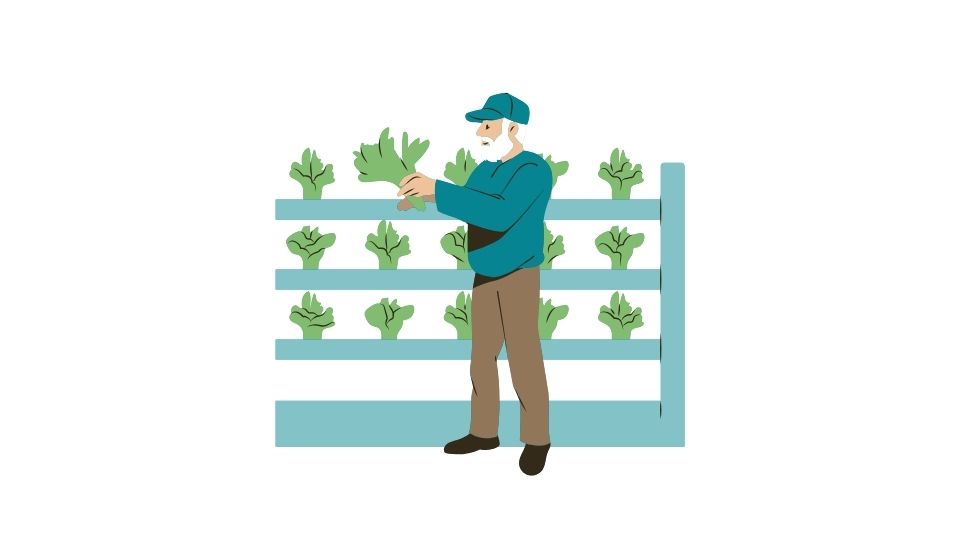
Tucked away on a car-free island just off South Carolina’s coast, the Daufuskie Island Community Farm isn’t your typical tourist attraction. It’s a living, breathing example of what happens when people decide to grow food together and build community at the same time.
I visited this hidden gem recently and was blown away by what a small group of dedicated islanders has created. Let’s dive into what makes this place so special, why it might be worth adding to your travel itinerary, and how it’s changing the way we think about food systems on small islands.
The Island Farm That’s Changing Everything
Ever been somewhere that feels like stepping back in time but also leaping forward into a more sustainable future? That’s the Daufuskie Community Farm in a nutshell.
This nonprofit working farm sits on Daufuskie Island – the southernmost inhabited sea island in South Carolina – where there are no bridges to the mainland and no cars allowed. Just golf carts, bicycles, and a whole lot of peace and quiet.
The farm doesn’t just grow food – it grows community. Started in 2010, it has become the beating heart of this small island, preserving not just crops but also the rich Gullah-Geechee cultural heritage that makes this region so unique.
Beyond Organic: How They Grow

Let me tell you, these folks aren’t just organic – they’re beyond organic
No synthetic chemicals touch this soil. Instead, they focus on:
- Building rich, living soil
- Working with the island’s natural ecosystem
- Preserving traditional Lowcountry farming techniques
- Creative reuse of everything (they even mill fallen trees for lumber!)
When I walked around, I saw the juiciest tomatoes, fragrant herbs, and a diversity of crops that would make any farmer’s market jealous. But more impressive was how everything worked together in harmony – chickens providing pest control and fertilizer, companion planting reducing disease, and intelligent water management systems adapting to island conditions.
The farm’s approach reminds me of the old saying: “We don’t inherit the earth from our ancestors; we borrow it from our children.” These farmers are definitely returning it in better condition.
Not Just Growing Food, Growing Community
The Daufuskie Community Farm isn’t just rows of vegetables – it’s a community hub where islanders gather, share knowledge, and work together.
During my visit, I watched volunteers of all ages pitching in:
- Planting seedlings
- Harvesting ripe produce
- Caring for the farm’s menagerie of animals
- Sharing stories and skills
The animal squad includes goats, chickens, geese, and ducks – all with important jobs to do around the farm. The kids especially seemed to love this part, getting hands-on experience with agriculture that most modern children never receive.
For young islanders, the farm provides invaluable life skills and a sense of responsibility. Through educational programs, they learn not just about growing food but about their island’s history and why local food systems matter.
As one volunteer told me, “This isn’t just about food – it’s about remembering who we are and teaching our children to be self-sufficient.”
Come Visit (But Call Ahead!)
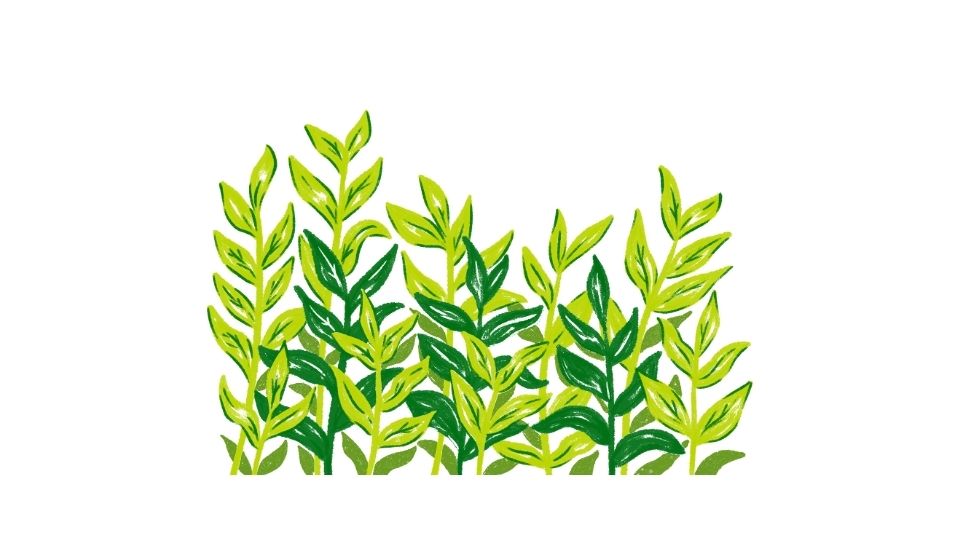
Want to experience this unique place for yourself? The farm welcomes visitors, but since it’s a working farm run by volunteers, it helps to plan ahead.
Guided tours typically last about 30 minutes and cost around $25 per person. These tours, often led by volunteer managers in golf carts, give you an engaging look at the farm’s operations and the island’s agricultural heritage.
Pro tip: Bring hand sanitizer! Getting up close with farm animals is fun but messy, and handwashing facilities are limited.
Finding the farm is easy – it’s located at 348 Haig Point Road, making it accessible for those staying in the Haig Point area. The surrounding Haig Point Community Garden also employs organic methods, further enhancing the island’s commitment to sustainable living.
The Challenge of Island Farming
Running a nonprofit farm on an isolated island isn’t for the faint of heart.
Think about it:
- Every supply that doesn’t come from the island must arrive by boat
- Weather events can cut off access for days
- Limited resources must be carefully managed
- Everything depends on volunteer power and donations
One of the farm’s biggest challenges is securing permanent property and expanding operations sustainably. The farm is constantly working to balance preserving cultural heritage and natural beauty while creating a sustainable future for residents.
As one of the farm managers explained to me: “When you’re on an island, you very quickly understand that resources are finite. That reality shapes everything we do here.”
The Roost: Another Island Farming Success
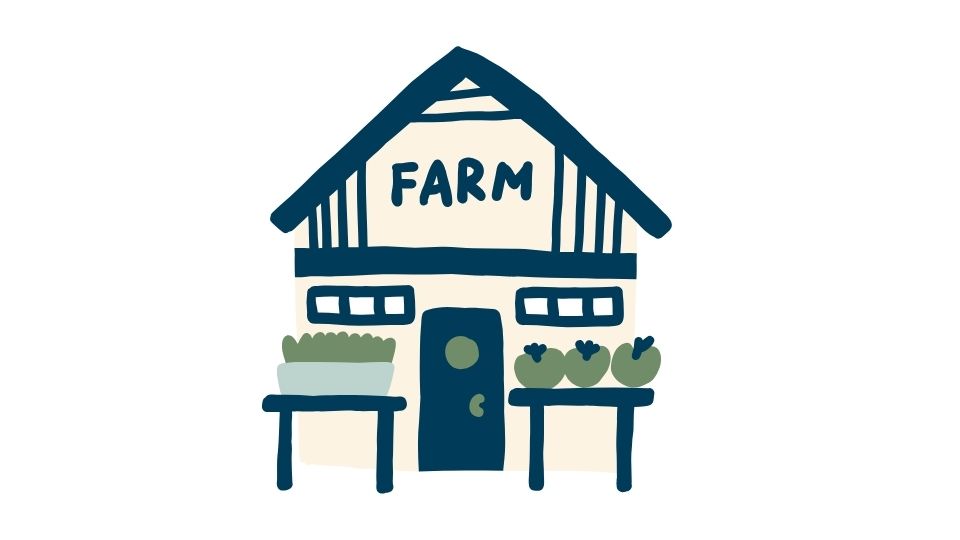
While the Community Farm is the island’s nonprofit hub, I also discovered The Roost, a family-run farm also located on Daufuskie. This place deserves a quick mention too.
The Roost, owned by Adam and Laura, is a veteran-owned, USDA-certified farm that raises free-range hens and sells hand-gathered eggs along with seasonal produce. The farm is dedicated to humane treatment of animals and regenerative growing practices, constantly innovating with projects like solar-powered water systems.
Both farms exemplify how small-scale agriculture can make a massive impact on an island community, not just feeding people but creating resilience and preserving a way of life.
Why You Should Visit (Even If You’re Not a Farm Person)
If you find yourself near Hilton Head, taking the ferry over to Daufuskie Island to visit the Community Farm is absolutely worth it. The experience gives you:
- A deeper understanding of sustainable food systems in action
- A glimpse into authentic Lowcountry culture beyond tourist traps
- Hands-on farm activities you can’t get at typical attractions
- A chance to support a community-driven project making real change
The Daufuskie Island ferry makes getting there surprisingly easy, and the island’s calm pace is the perfect antidote to our rushed modern lives.
Plus, where else can you see a thriving farm, pristine beaches, and historic sites all in one car-free day?
The Future Looks Bright (and Green)
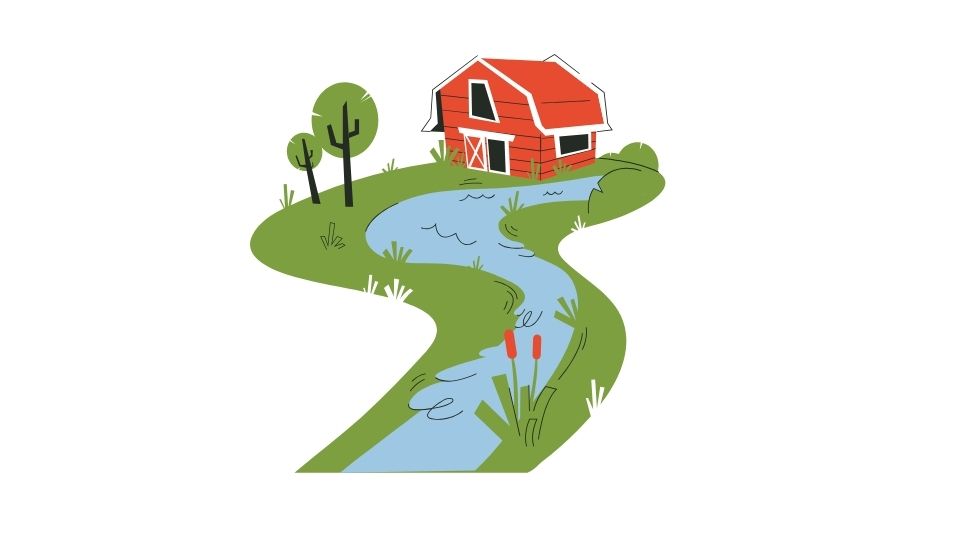
Despite the challenges, the farm’s vision for the future is ambitious. Plans include:
- Expanding educational programs
- Increasing food production
- Further integrating the farm into island life
- Creating more resilient systems for island food security
Their success proves what a small group of dedicated people can accomplish, serving as a powerful example of community-supported agriculture in action.
The Daufuskie Community Farm isn’t just growing food – it’s growing a new model for how small communities can thrive in harmony with nature. And in a world of climate change and food system challenges, we need these examples more than ever.
After my visit, I couldn’t help but think that maybe, just maybe, these island farmers have figured out something essential that the rest of us are still struggling to learn.
